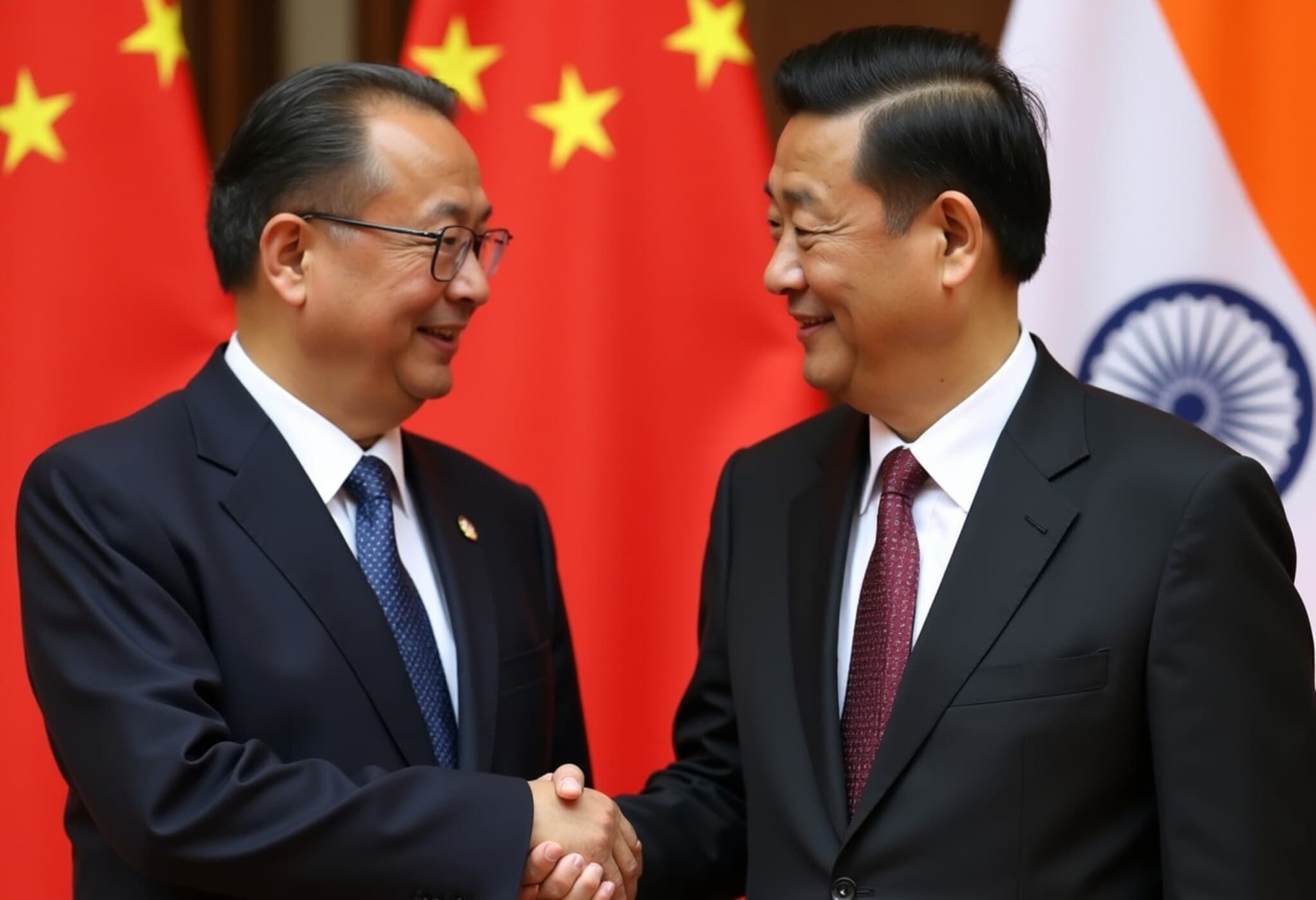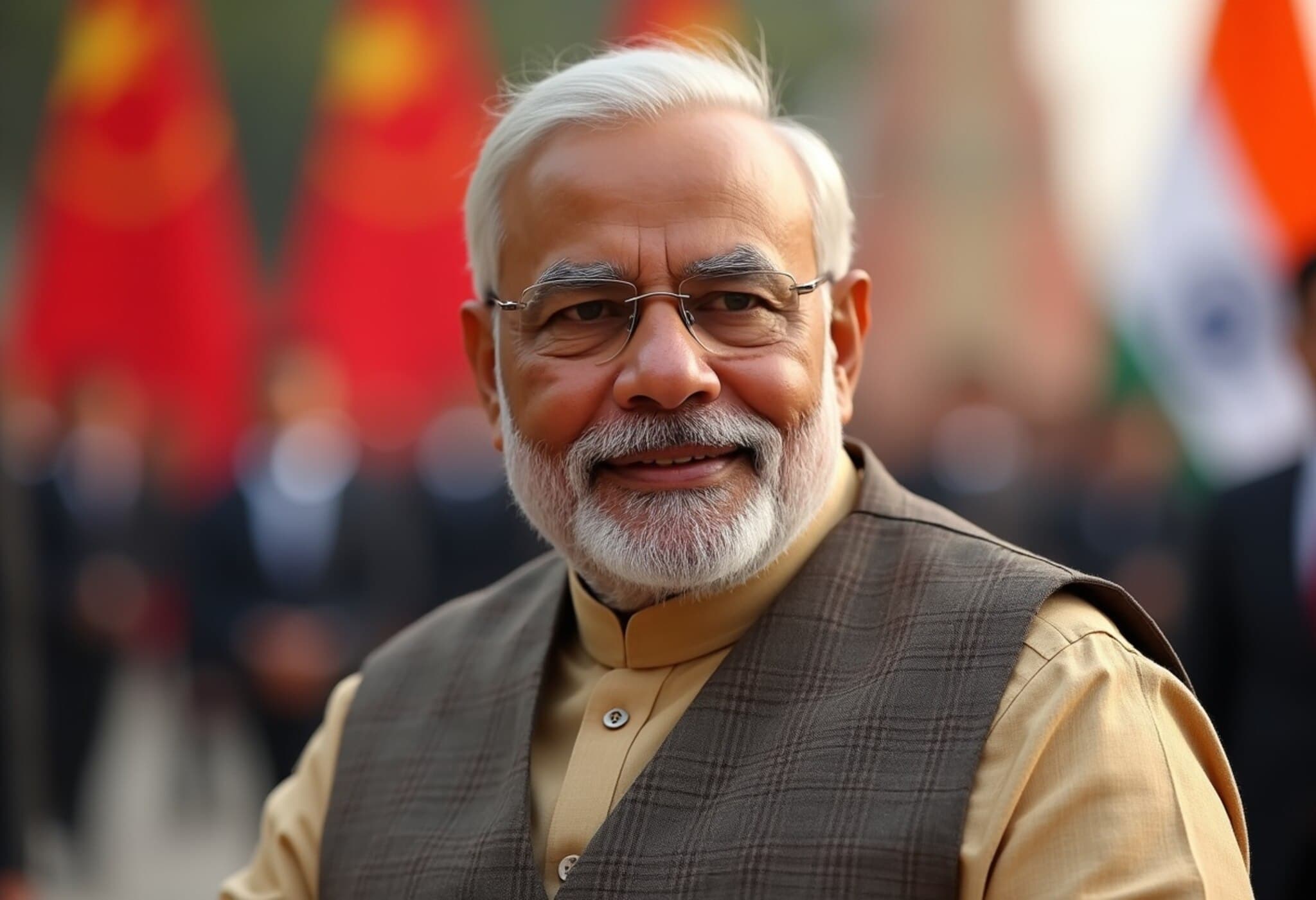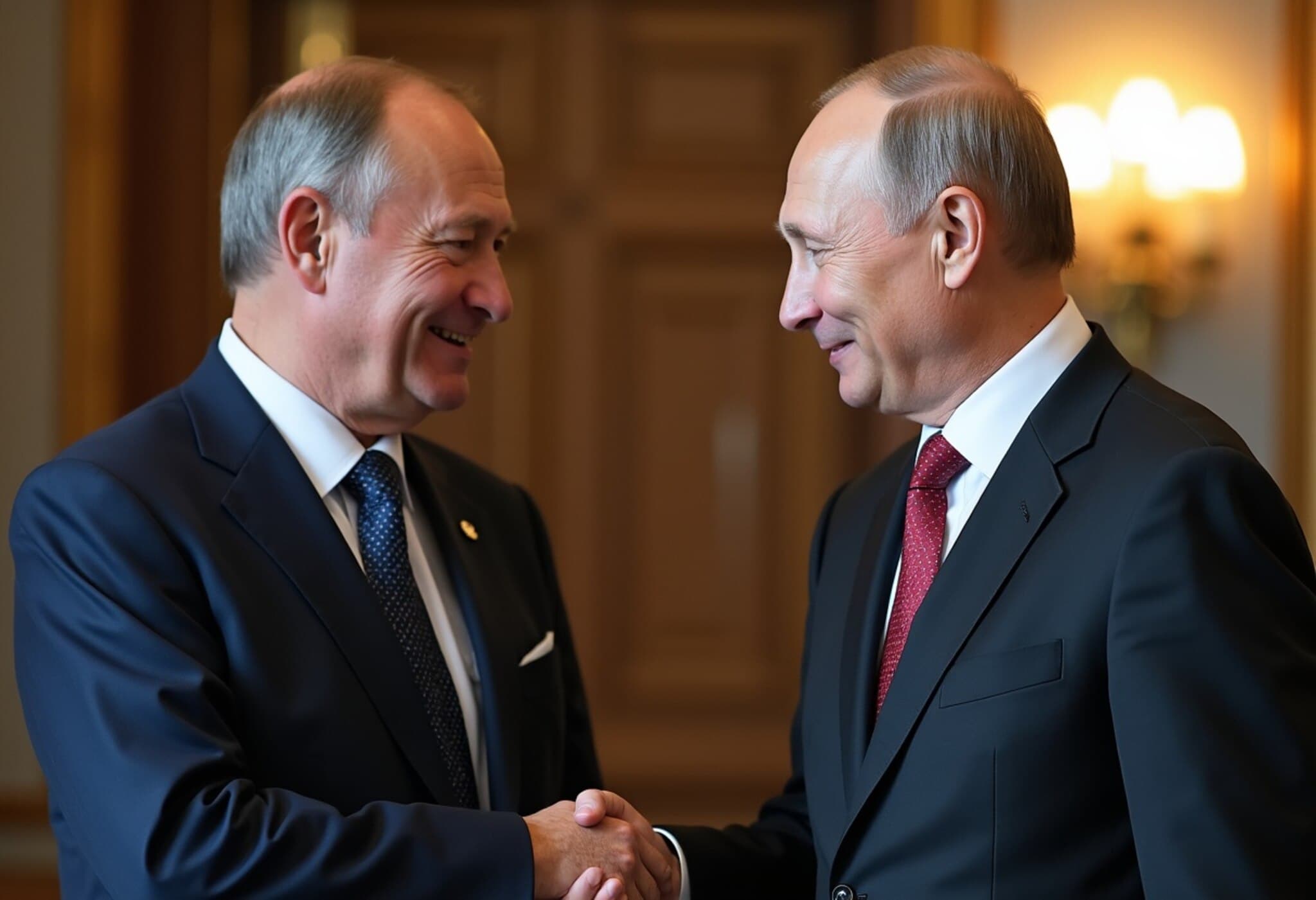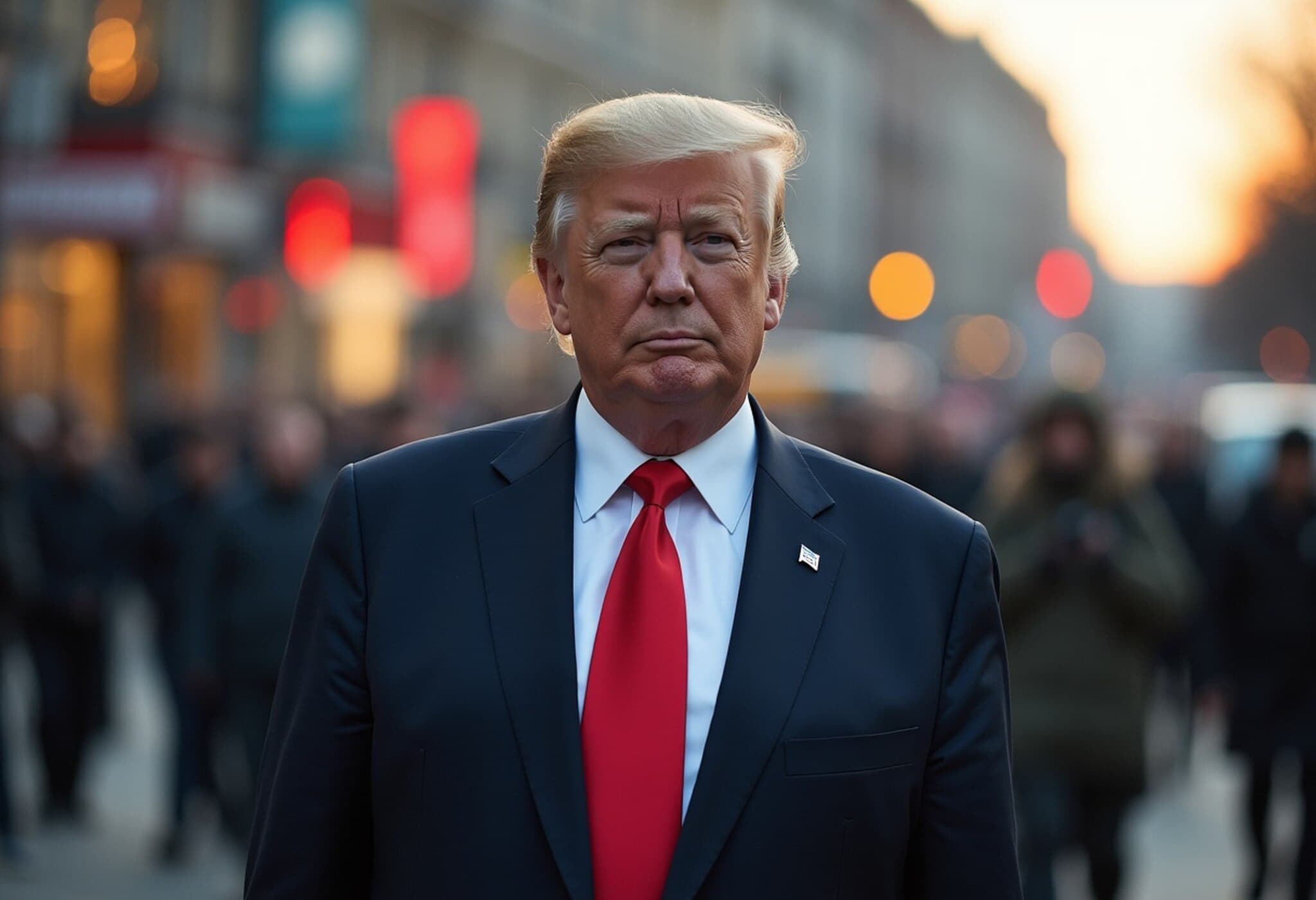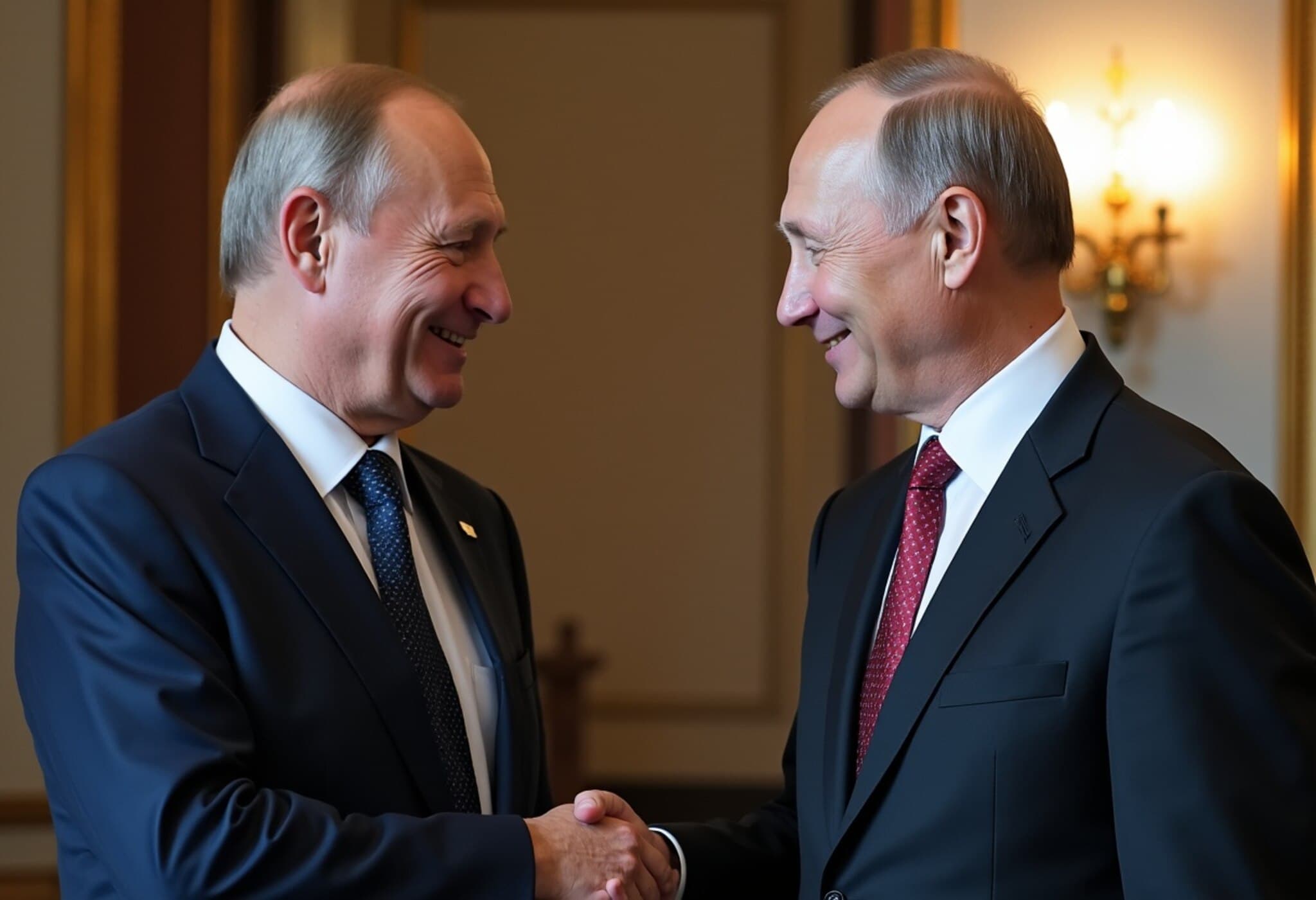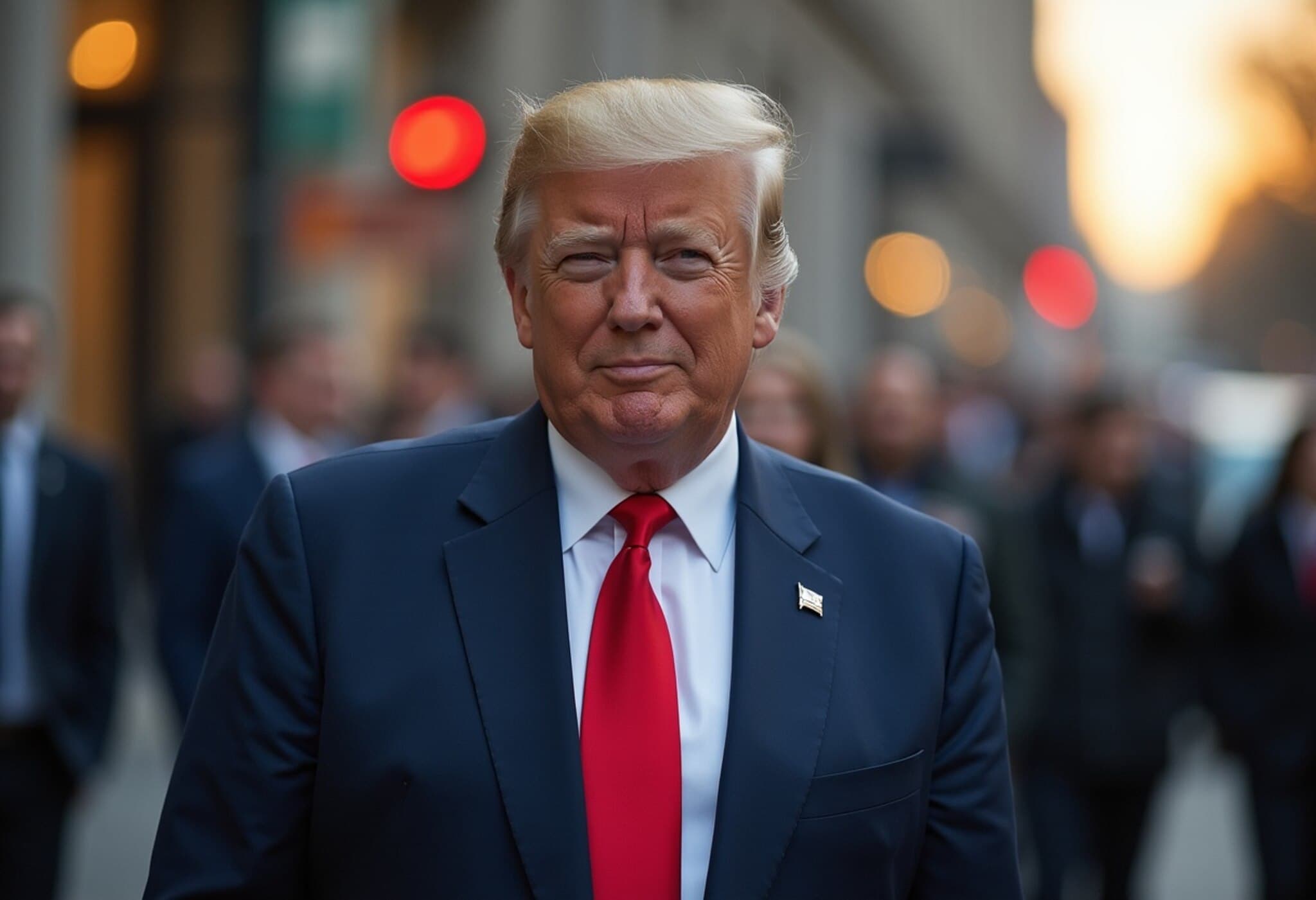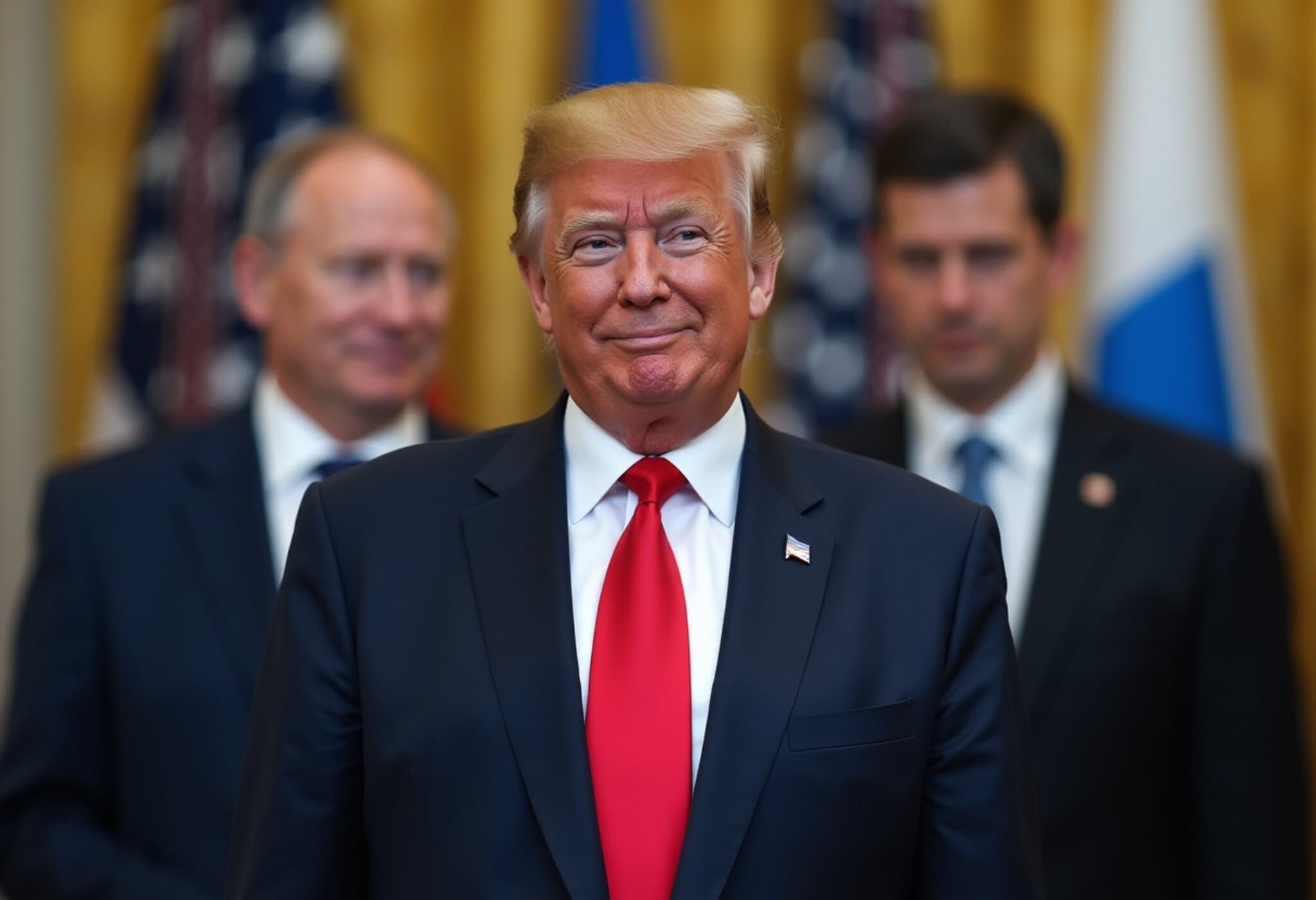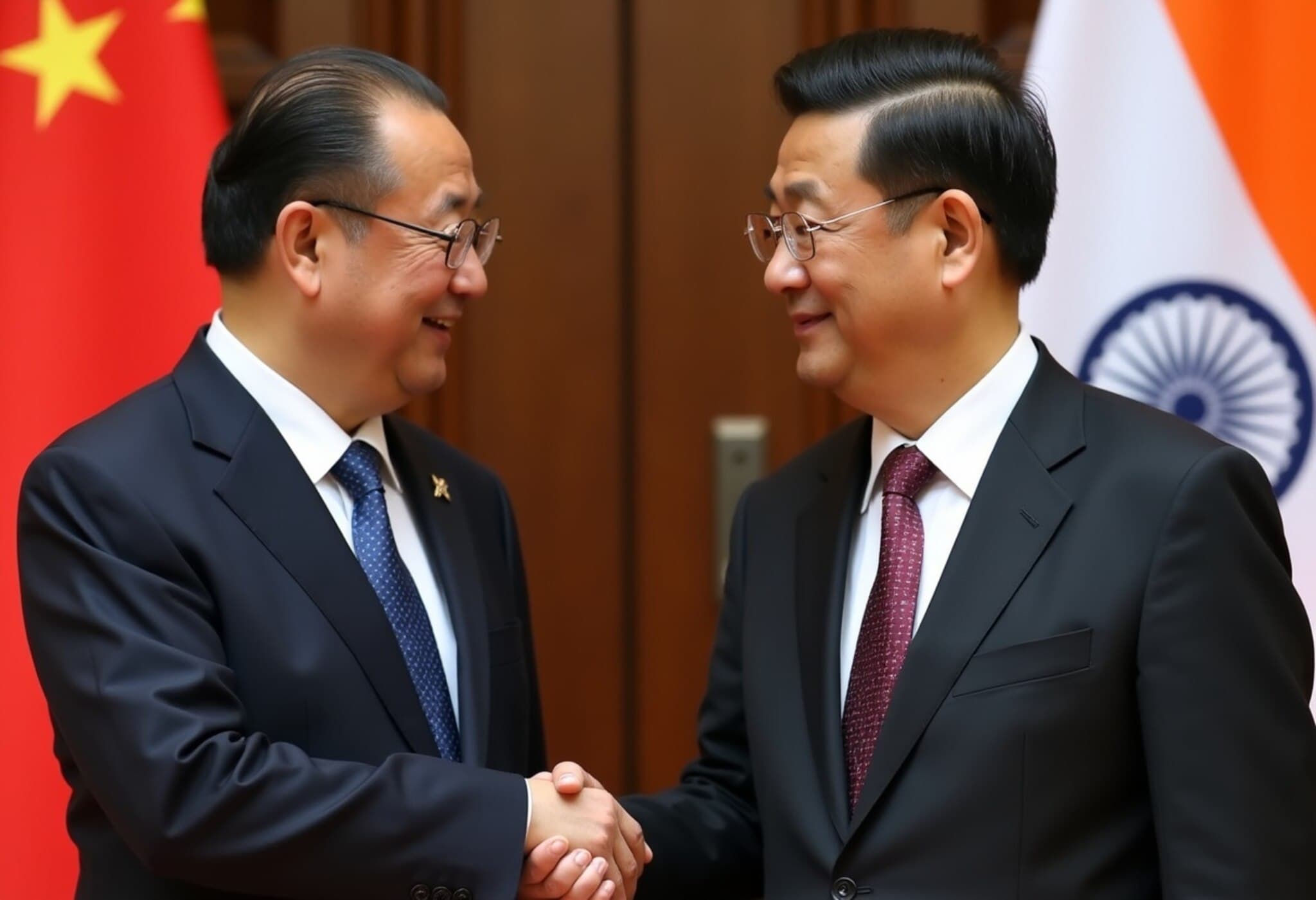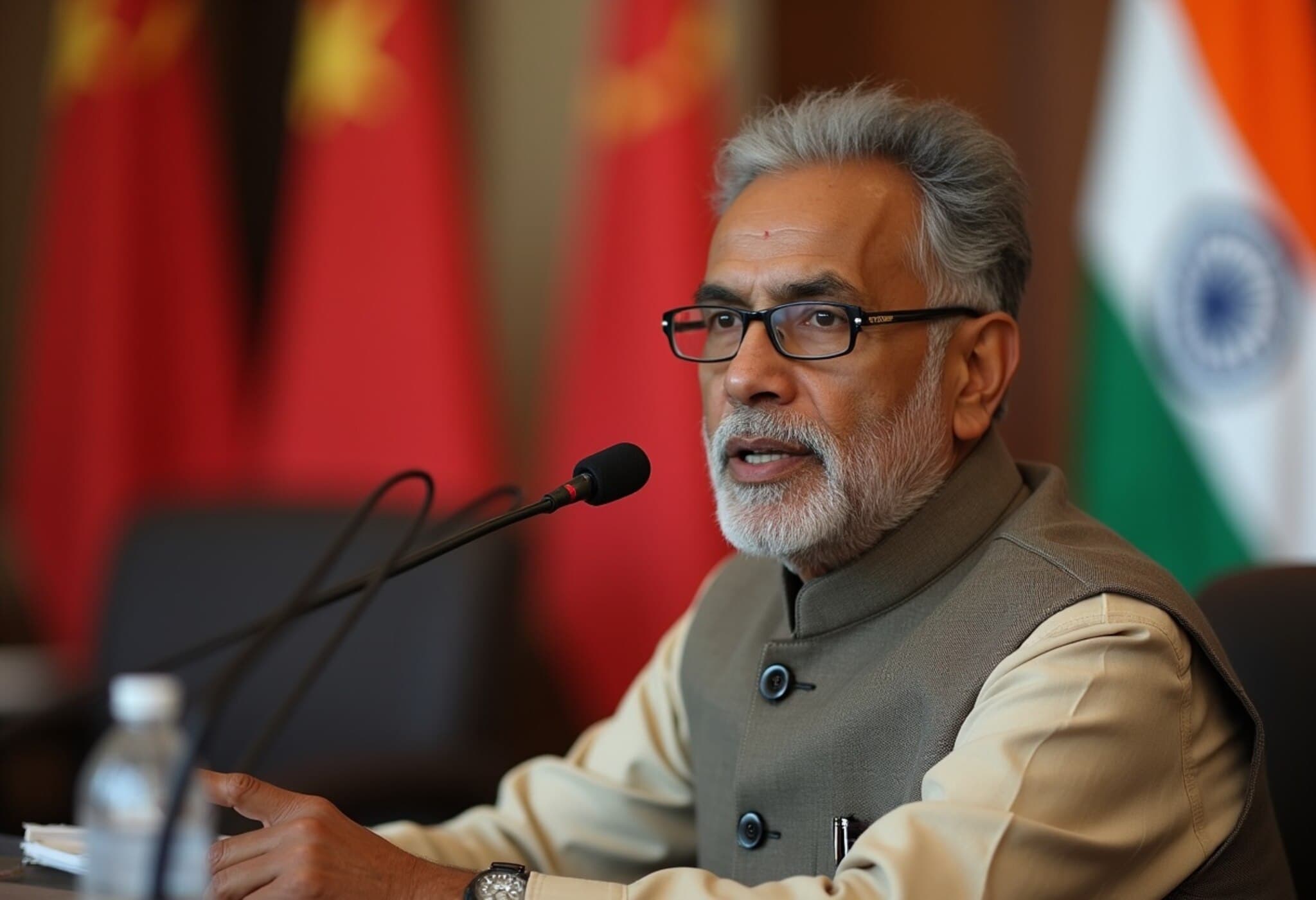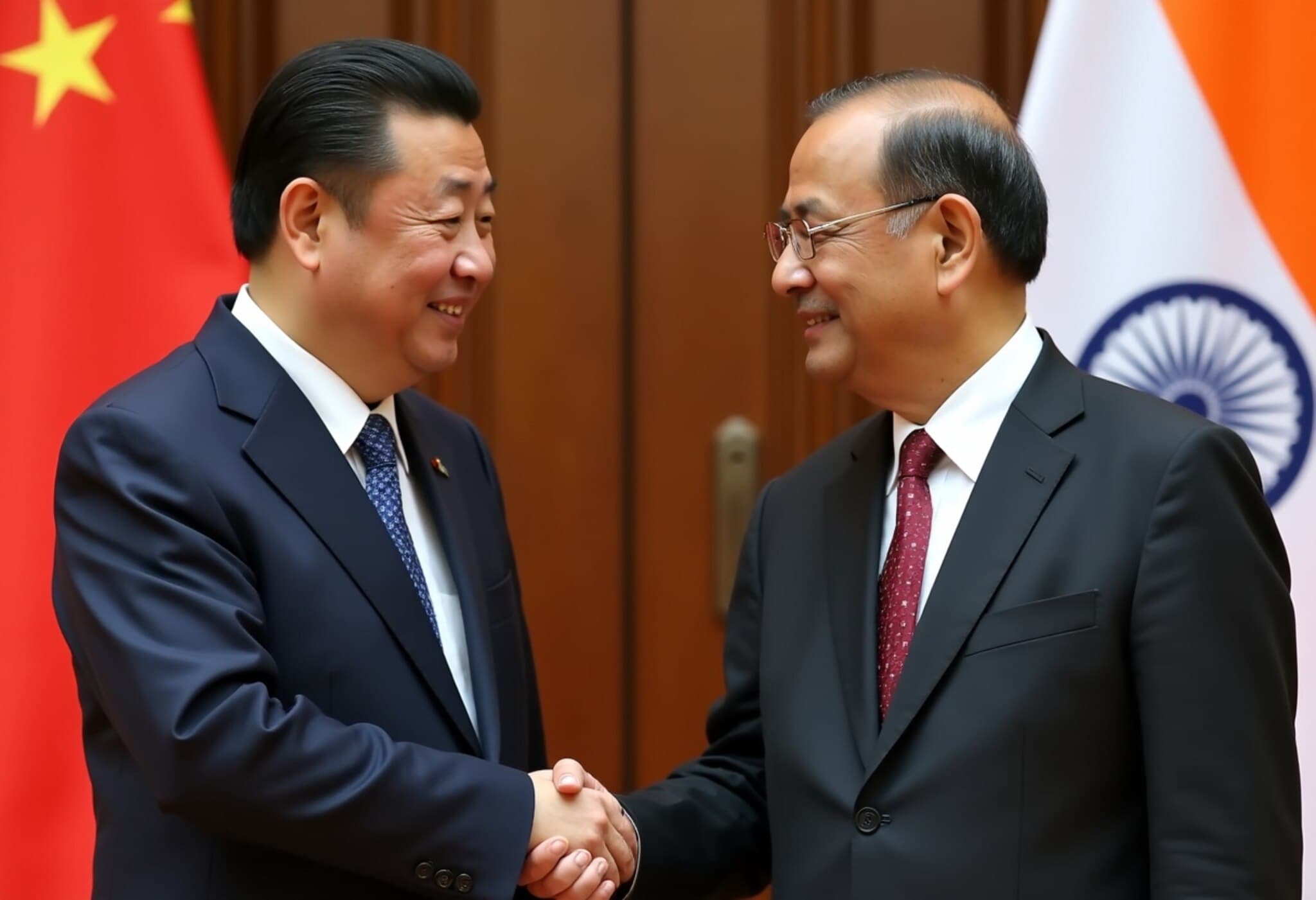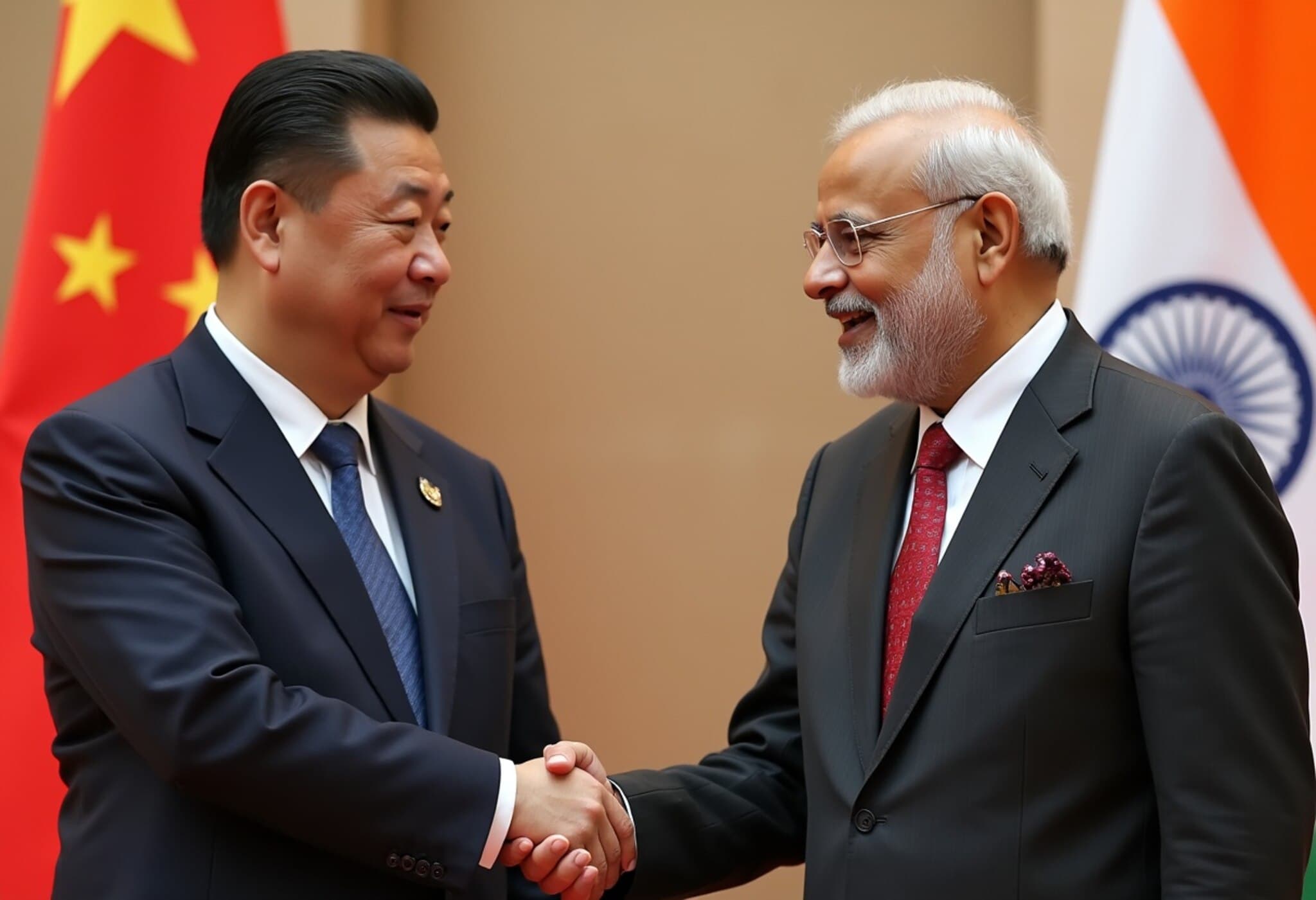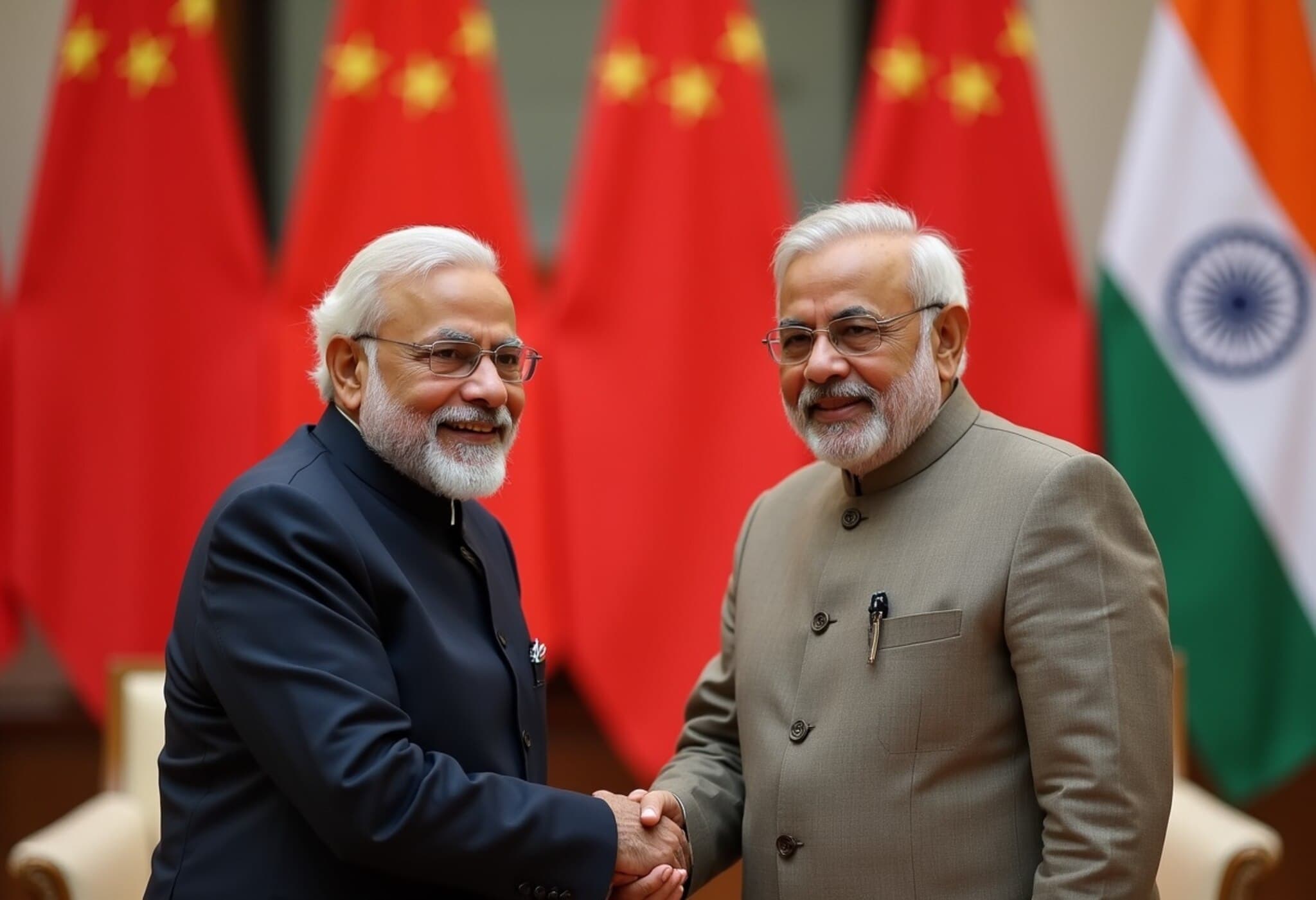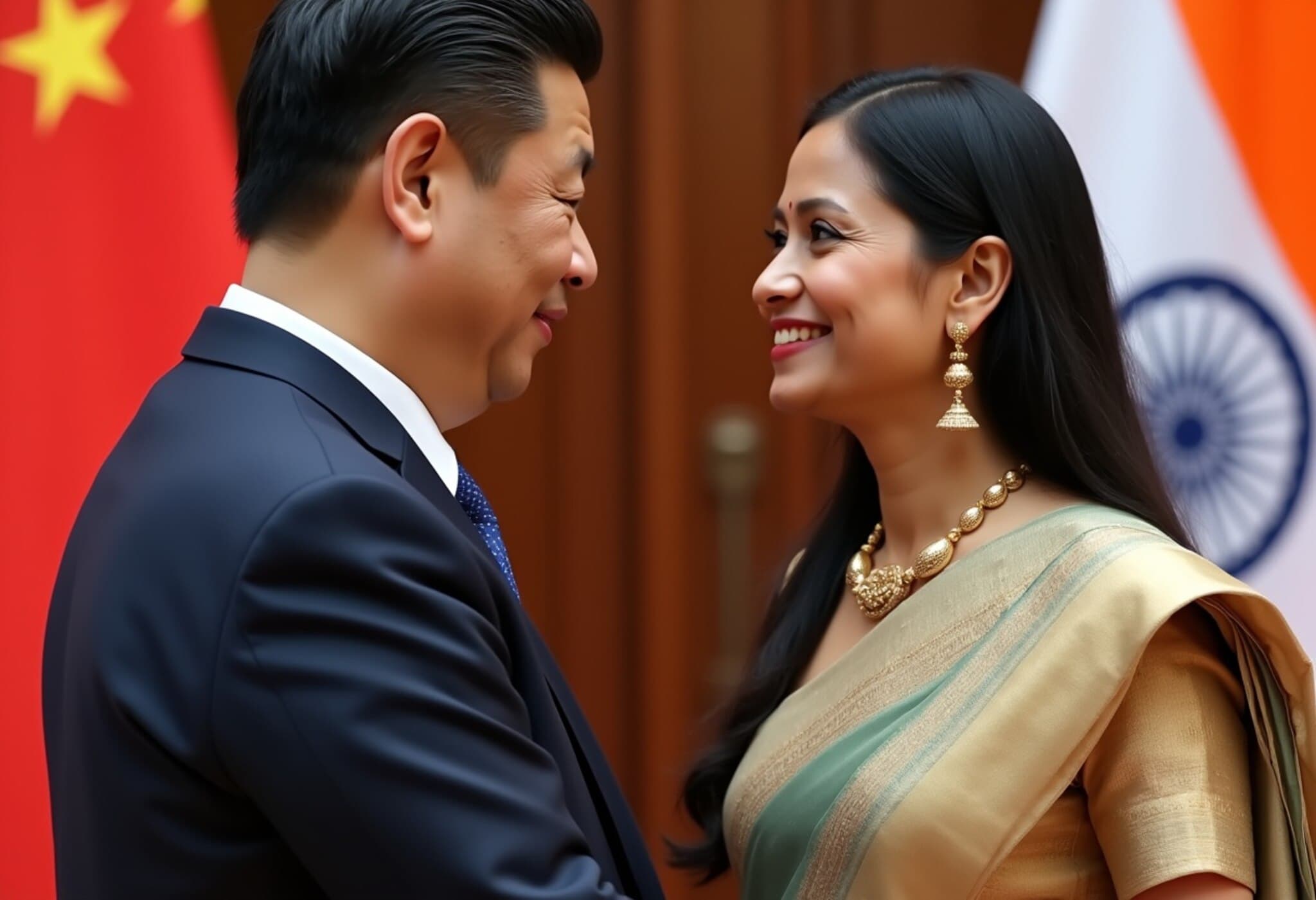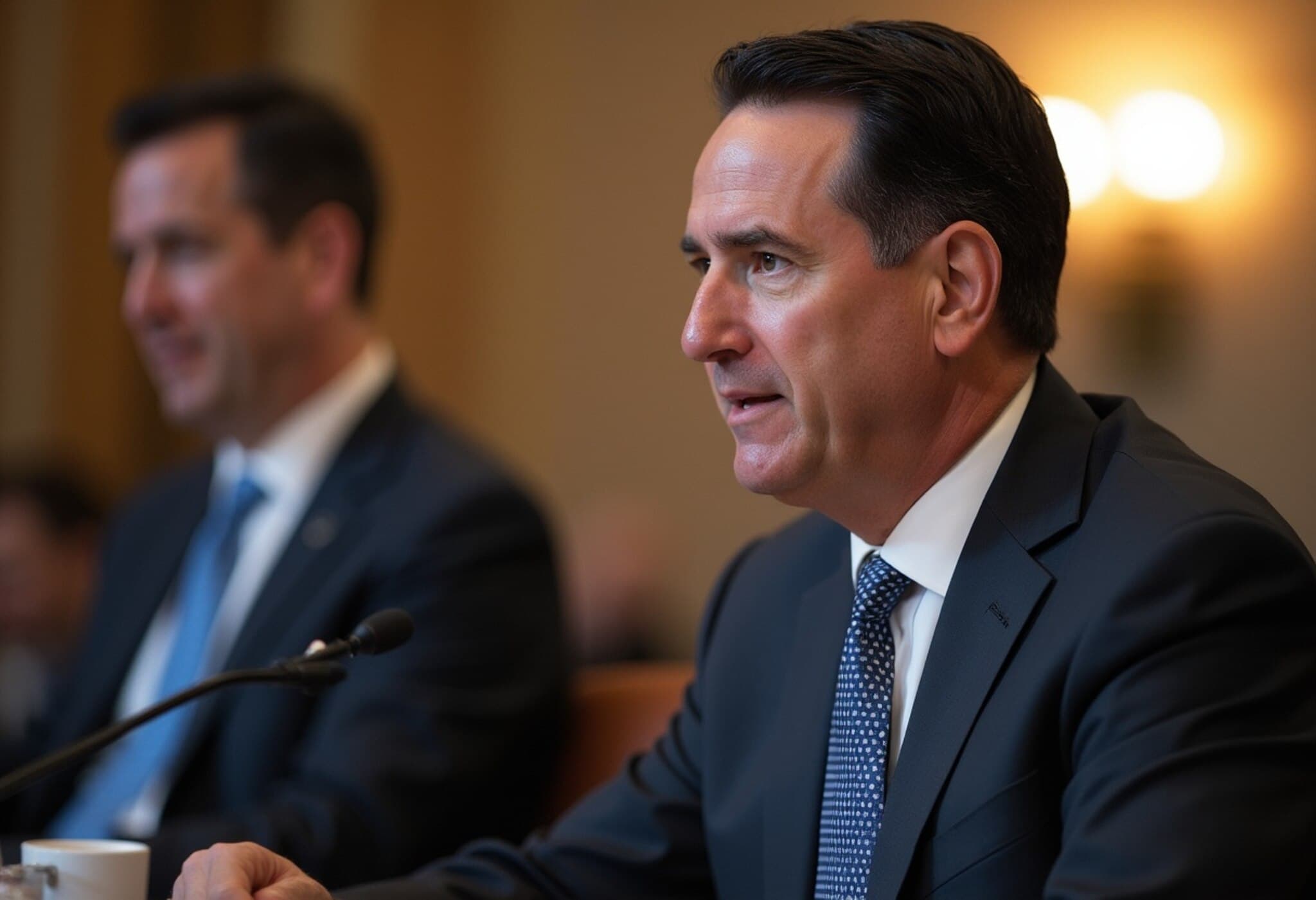China’s Foreign Minister Wang Yi Arrives in India for Crucial Diplomatic Engagements
China’s top diplomat, Foreign Minister Wang Yi, is set to visit New Delhi starting Monday, marking a significant chapter in the ongoing efforts to stabilize and deepen Sino-Indian relations. His visit comes at a pivotal moment as Prime Minister Narendra Modi prepares for his first trip to China in seven years, aimed at attending the Shanghai Cooperation Organisation (SCO) summit in Tianjin later this month.
Key Meetings Scheduled
During his three-day stay, Wang Yi will meet with several senior Indian officials, including External Affairs Minister Dr. S. Jaishankar and National Security Adviser Ajit Doval. These discussions reflect the broad spectrum of bilateral issues, most notably border security, economic cooperation, and regional stability.
24th Round of Boundary Talks with Ajit Doval
Highlighting Wang Yi’s agenda is the 24th round of Special Representatives’ boundary talks with NSA Ajit Doval, scheduled for Tuesday morning. These talks have been a cornerstone in managing the complex and sensitive India-China border dispute, which has been a source of tension since 2020’s clashes. While significant breakthroughs remain elusive, these meetings maintain an essential channel for dialogue and de-escalation.
Diplomatic Engagement with PM Modi
One of the most anticipated events is Wang Yi’s meeting with Prime Minister Modi, set for Tuesday evening at 5:30 pm. This high-profile encounter will likely focus on preparations for the SCO summit, where Modi is expected to have bilateral discussions with Chinese President Xi Jinping and Russian President Vladimir Putin. Wang Yi is expected to brief Modi on the summit agenda and update him on recent developments in bilateral ties.
Expert Perspective: Strategic Timing and Implications
Contextually, this visit underscores several important geopolitical dynamics:
- Resetting the dial: After years of frosty relations marked by border skirmishes and economic competition, diplomatic efforts are ramping up to restore trust and cooperation.
- Regional security and alliances: The SCO summit plays a critical role in shaping security collaborations across Asia, including counterterrorism and economic partnerships.
- Economic connectivity: Talks may also pave the way for resuming direct flights between India and China, boosting business and tourism — a key move as both nations seek to normalize people-to-people contacts.
Dr. Rina Patel, an expert in South Asian geopolitics, notes, "Wang Yi’s visit is as much about diplomatic optics as substantive negotiations. It signals Beijing’s intention to stabilize ties ahead of Modi’s visit — a necessary step for broader regional equilibrium amidst shifting global power balances."
Outlook for Sino-Indian Relations
This visit and the high-level engagements ahead of the SCO summit represent a calibrated effort to manage complexity in Sino-Indian relations. Both sides acknowledge the need to handle unresolved border issues delicately while expanding cooperation in trade, climate, and multilateral forums.
However, significant challenges remain, particularly around trust deficits and strategic rivalry—areas that will require patient diplomacy beyond formal meetings.
What’s Next?
- Finalizing SCO agenda: Wang Yi and Jaishankar will work on the details of Modi’s upcoming summit meetings, focusing on key priorities and bilateral initiatives.
- Official announcements: Observers expect formal confirmation soon regarding the resumption of direct flights between India and China, a welcome development for business and cultural exchange.
- Continued dialogue: Subsequent high-level visits or joint working groups may be announced to sustain the dialogue momentum created during this visit.
Editor’s Note
Wang Yi’s visit, timed just before Prime Minister Modi’s historic return to China, is a subtle but significant maneuver in Indo-China diplomacy. It highlights the delicate balance between confrontation and cooperation that defines their relationship. While boundary talks continue to struggle for breakthroughs, the broader diplomatic engagement signals hope for a less volatile future. As global dynamics evolve—affected by U.S.-China rivalry, regional security issues, and economic interdependence—watching how these bilateral talks unfold offers insight into Asia’s geopolitical future.
Key questions remain: Can these diplomatic efforts translate into tangible trust-building? Will economic and people-to-people connections outpace geopolitical mistrust? For policymakers and citizens alike, Wang Yi’s India visit is not just another diplomatic trip but a potential turning point in one of the 21st century’s defining international relationships.

